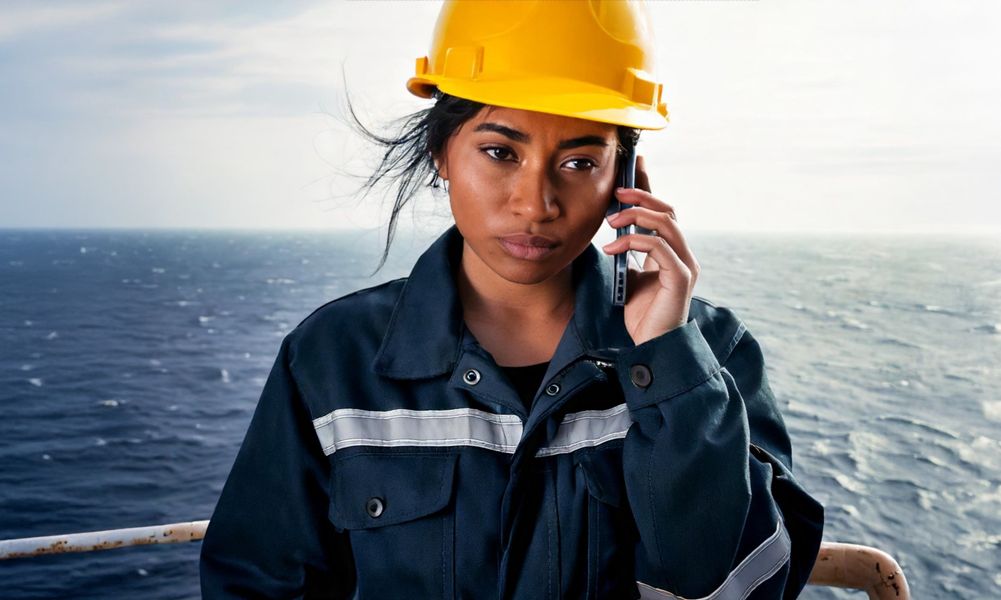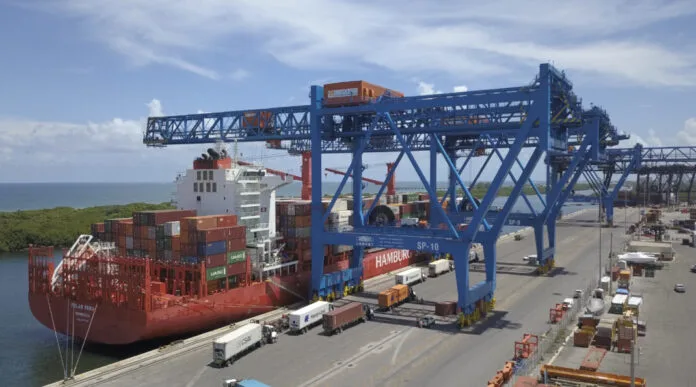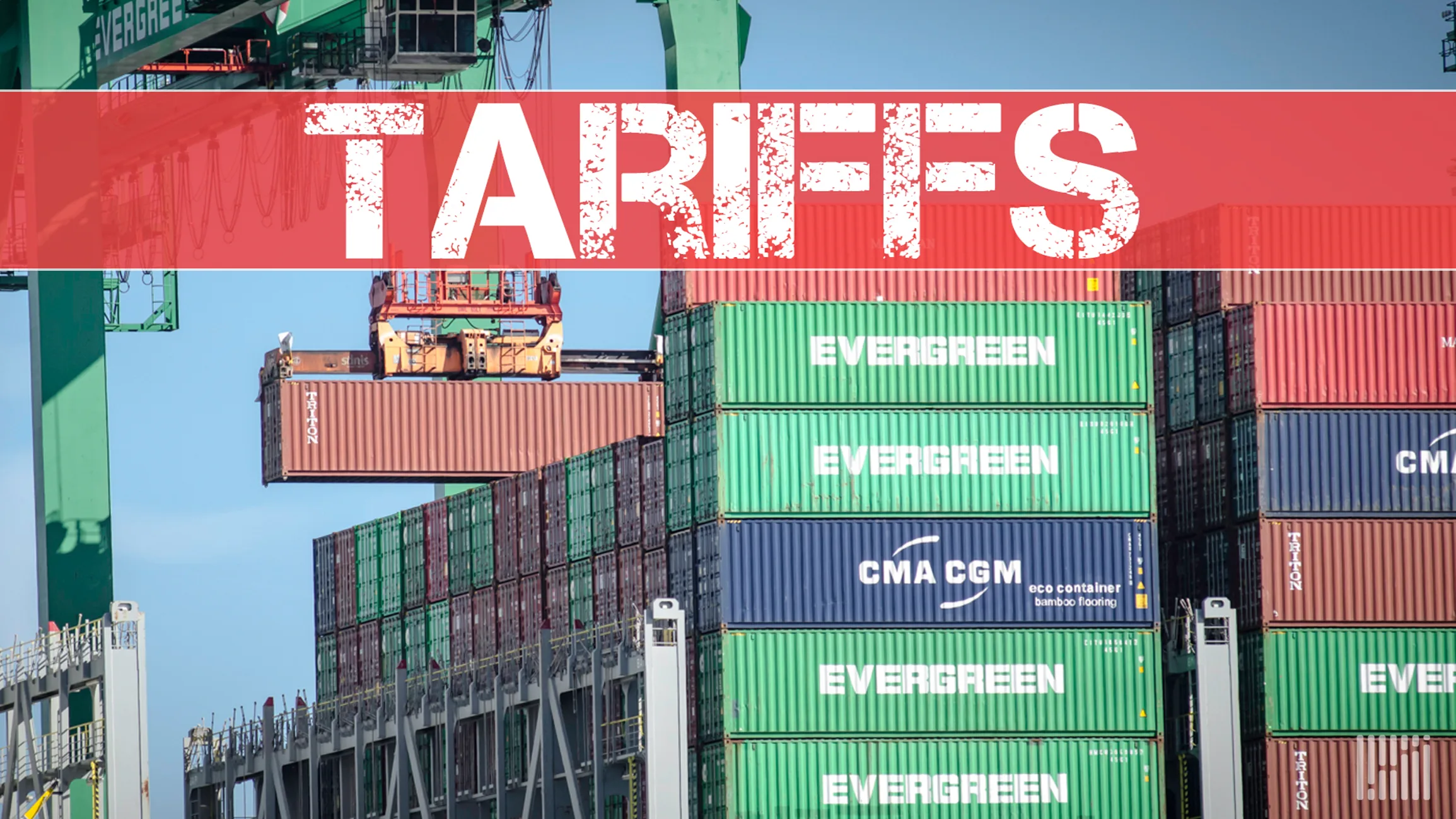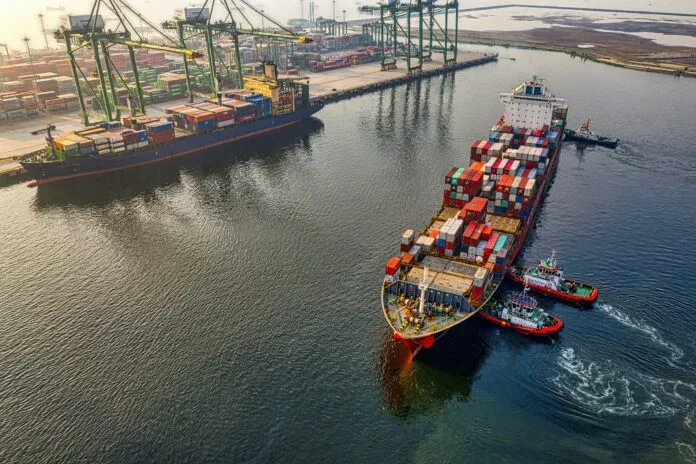The latest Annual DEI in Maritime Review published by the Diversity Study Group (DSG) reveals increasingly clear expectations from seafarers and shore-based professionals for workplaces that are fair, inclusive, and accountable.The report tracks year-on-year employee sentiment regarding data-driven diversity, equity, and inclusion (DEI) initiatives and policies implemented by participating organisations.
The review surveyed a record nearly 10,000 respondents, answering core questions about their experiences, being supported at work, and attitudes towards DEI.
Among core findings, the review revealed that DEI training is having a measurable positive impact to both workers ashore and at sea, yet highlighted persistent gaps in support, particularly for middle managers who play a critical role in shaping organisational culture.
Heidi Heseltine, founder and CEO of DSG, said: “In a year when the global conversation around DEI has often been dominated by talk of woke backlash, our data shows a very different story for both seafarers and shore-based professionals. They are not disengaging – they are doubling down. Employees have made clear they want fairness, respect, and accountability from their employers, and they’re more vocal than ever about the changes that they want to see in their workplaces.”
This year’s analysis shows a strong correlation between DEI training and improved well-being, psychological safety, and the ability to identify discrimination. Seafarers who received training were far more likely to feel supported by their organisations, with the same pattern emerging ashore. However, many middle managers report being less likely to receive DEI training, reinforcing a structural weakness that continues to undermine progress. They were also less likely to say they feel able to raise concerns or challenge discrimination themselves, despite being the group most relied upon to manage teams and enforce policies.
Women, although comprising a small minority of seafarers, are vastly more likely to encounter negative experiences onboard. Over a third reported at least one incident of psychological harassment and one in four say they have been sexually harassed.
While female seafarers remain far more likely to report psychological harassment (38%), the report highlights that 17% of male seafarers have also faced similar experiences, underlining the need for inclusive interventions that benefit everyone. Overall, the survey found that nearly one in five people have experienced some kind of psychological harassment – following women, LGB (33%) and middle-ranked (25%) seafarers also top the list. It also showed that 64% of those who reported having experienced sexual harassment or assault were men.
There were also positive developments, with nine out of 10 female seafarers feeling they can “be yourself at work”. There were also notable gains in the proportion agreeing that anti-discrimination policies are effective (up 7% to 85%) and expecting action to be taken when problems are flagged (up 5% to 80%).
Meanwhile, the proportion of women in trainee and junior roles has risen back to 60%, suggesting a strong entry pipeline. But representation drops sharply beyond middle management, signalling a continuing retention and progression challenge.
People with disabilities, and those with a gender different to that at birth, continue to report lower positive sentiment ashore. Among LGB respondents, only 77% say they can be themselves at work, compared with 84% overall. At sea, LGB seafarers are significantly more likely to experience psychological and sexual harassment.
Heseltine said: “People at sea and ashore are calling for workplaces where they can speak up, be themselves, and know that behaviour that harms others will be dealt with. This year’s data is clear: progress is happening, but accountability must catch up.”



















